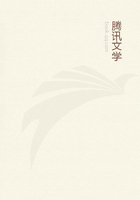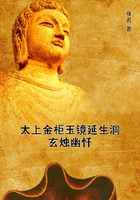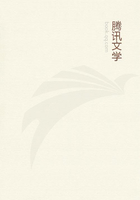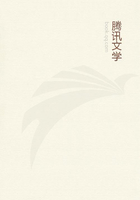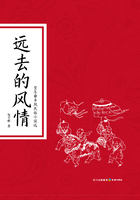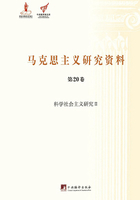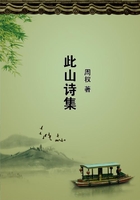But far the greater part was stored in magazines scattered over the different provinces. These spacious buildings, constructed of stone, were divided between the Sun and the Inca, though the greater share seems to have been appropriated by the monarch. By a wise regulation, any deficiency in the contributions of the Inca might be supplied from the granaries of the Sun.32 But such a necessity could rarely have happened; and the providence of the government usually left a large surplus in the royal depositories, which was removed to a third class of magazines, whose design was to supply the people in seasons of scarcity, and, occasionally, to furnish relief to individuals, whom sickness or misfortune had reduced to poverty; thus, in a manner, justifying the assertion of a Castilian document, that a large portion of the revenues of the Inca found its way back again, through one channel or another, into the hands of the people.33 These magazines were found by the Spaniards, on their arrival, stored with all the various products and manufactures of the country,--with maize, coca, quinua, woolen and cotton stuffs of the finest quality, with vases and utensils of gold, silver, and copper, in short, with every article of luxury or use within the compass of Peruvian skill.34 The magazines of grain, in particular, would frequently have sufficed for the consumption of the adjoining district for several years.35 An inventory of the various products of the country, and the quarters whence they were obtained, was every year taken by the royal officers, and recorded by the quipucamayus on their registers, with surprising regularity and precision. These registers were transmitted to the capital, and submitted to the Inca, who could thus at a glance, as it were, embrace the whole results of the national industry, and see how far they corresponded with the requisitions of government.36Such are some of the most remarkable features of the Peruvian institutions relating to property, as delineated by writers who, however contradictory in the details, have a general conformity of outline. These institutions are certainly so remarkable, that it is hardly credible they should ever have been enforced throughout a great empire, and for a long period of years. Yet we have the most unequivocal testimony to the fact from the Spaniards, who landed in Peru in time to witness their operation; some of whom, men of high judicial station and character, were commissioned by the government to make investigations into the state of the country under its ancient rulers.
The impositions on the Peruvian people seem to have been sufficiently heavy. On them rested the whole burden of maintaining, not only their own order, but every other order in the state. The members of the royal house, the great nobles, even the public functionaries, and the numerous body of the priesthood, were all exempt from taxation.37 The whole duty of defraying the expenses of the government belonged to the people. Yet this was not materially different from the condition of things formerly existing in most parts of Europe, where the various privileged classes claimed exemption--not always with success, indeed--from bearing part of the public burdens. The great hardship in the case of the Peruvian was, that he could not better his condition. His labors were for others, rather than for himself. However industrious, he could not add a rood to his own possessions, nor advance himself one hair's breadth in the social scale. The great and universal motive to honest industry, that of bettering one's lot, was lost upon him. The great law of human progress was not for him. As he was born, so he was to die. Even his time he could not properly call his own. Without money, with little property of any kind, he paid his taxes in labor.38 No wonder that the government should have dealt with sloth as a crime. It was a crime against the state, and to be wasteful of time was, in a manner, to rob the exchequer. The Peruvian, laboring all his life for others, might be compared to the convict in a treadmill, going the same dull round of incessant toil, with the consciousness, that, however profitable the results to the state, they were nothing to him.
But this is the dark side of the picture. If no man could become rich in Peru, no man could become poor. No spendthrift could waste his substance in riotous luxury. No adventurous schemer could impoverish his family by the spirit of speculation. The law was constantly directed to enforce a steady industry and a sober management of his affairs. No mendicant was tolerated in Peru. When a man was reduced by poverty or misfortune, (it could hardly be by fault,) the arm of the law was stretched out to minister relief; not the stinted relief of private charity, nor that which is doled out, drop by drop, as it were, from the frozen reservoirs of "the parish," but in generous measure, bringing no humiliation to the object of it, and placing him on a level with the rest of his countrymen.39No man could be rich, no man could be poor, in Peru; but all might enjoy, and did enjoy, a competence. Ambition, avarice, the love of change, the morbid spirit of discontent, those passions which most agitate the minds of men, found no place in the bosom of the Peruvian.

